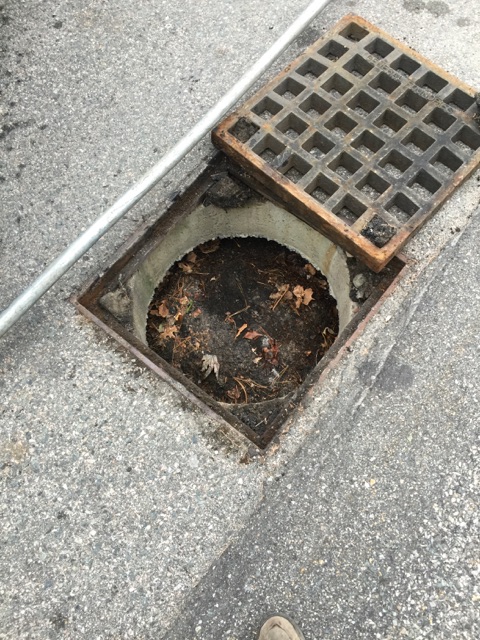
Why You Need to Maintain Your Parking Lot Drainage System
When it comes to your parking lot, water is not your friend. Especially in the Northeast, where the weather can be so volatile, your parking lot is regularly attacked by torrential rain, snow melt, hail and all kinds of natural flooding events. The fact is, before the asphalt was ever poured on your parking lot, you needed to have a drainage system in place. If not, there are solutions, though costly, to remedy this problem. And if you already have a solid drainage system, you need to have it regularly checked and maintained to prevent some of the issues we’ll talk about here.
Why Water is Harmful to Your Parking Lot
Surface and Below-Ground Damage. You’ve seen it every time. After a heavy rain, water tends to pool in certain areas of a parking lot. This pooling may appear harmless at first, but over time, it’s doing serious damage. Over time, it will cause cracking of the top layer of asphalt. There may be depressions in areas where you have the most traffic. Even worse, the water is soaking into the subgrade, which can compromise the integrity of the soil underneath the asphalt. If your parking lot was poured in a naturally low area, you should be especially careful about water that pools at the edges of the concrete. This water is likely to be sinking into the pores beneath the asphalt, with the greatest potential to do serious damage. This is another reason why regular checking and maintaining of your drainage system is so crucial.
Liability. The hazards created by out-of-control water run-off are many, not to mention potentially costly. Constant pooling can create potholes that will do damage to vehicles. If water pools in low spots in your parking lot, it can be very costly to fix this problem without having to remove large portions of the concrete to even up the low places. Pooling water is also dangerous for pedestrians trying to walk around flooded areas. If someone slips or is injured on your property, you could be faced with a lawsuit. When severe flooding occurs, cars can also hydroplane, causes numerous accidents. In the worst cases of excess water damage, so much cracking and separation could occur that the foundation itself gives way, swallowing up a vehicle in what is known as a sinkhole. It’s an extreme case, but if your drainage system isn’t monitored and maintained over time, it could happen.
Environmental Pollution. Normally, rain water soaks into the soil. When you pave over a large surface of land, there is no soil for the rain to soak into. What’s more, there are hazardous chemicals found in the sealcoat of parking lots—high levels of polycyclic aromatic hydrocarbons (PAHs). Tires from vehicles break down some of this sealant into finer particles that can be washed away in water run-off, causing it to travel to surrounding soil and contaminating ground water. Rain also mixes with the oil, grease and coolants from vehicles, which can cause pollution, too. A well-maintained drainage and septic system will help prevent further damage to the environment.
Keep checking our blog, because we’ll be talking about parking lot drainage solutions next. And no matter what drainage system you have, be sure to have it regularly inspected and maintained by professionals, like the ones at Jolin Paving & Excavating, Inc.
Delivering unparalleled customer service, Jolin Paving & Excavating, Inc. goes the extra mile at a reasonable cost to get the job done. Contact us today for a consultation!
VacTone Environmental Services is your New England connection—serving Massachusetts, southern New Hampshire, Vermont, Maine and northern to central Connecticut and Rhode Island.
